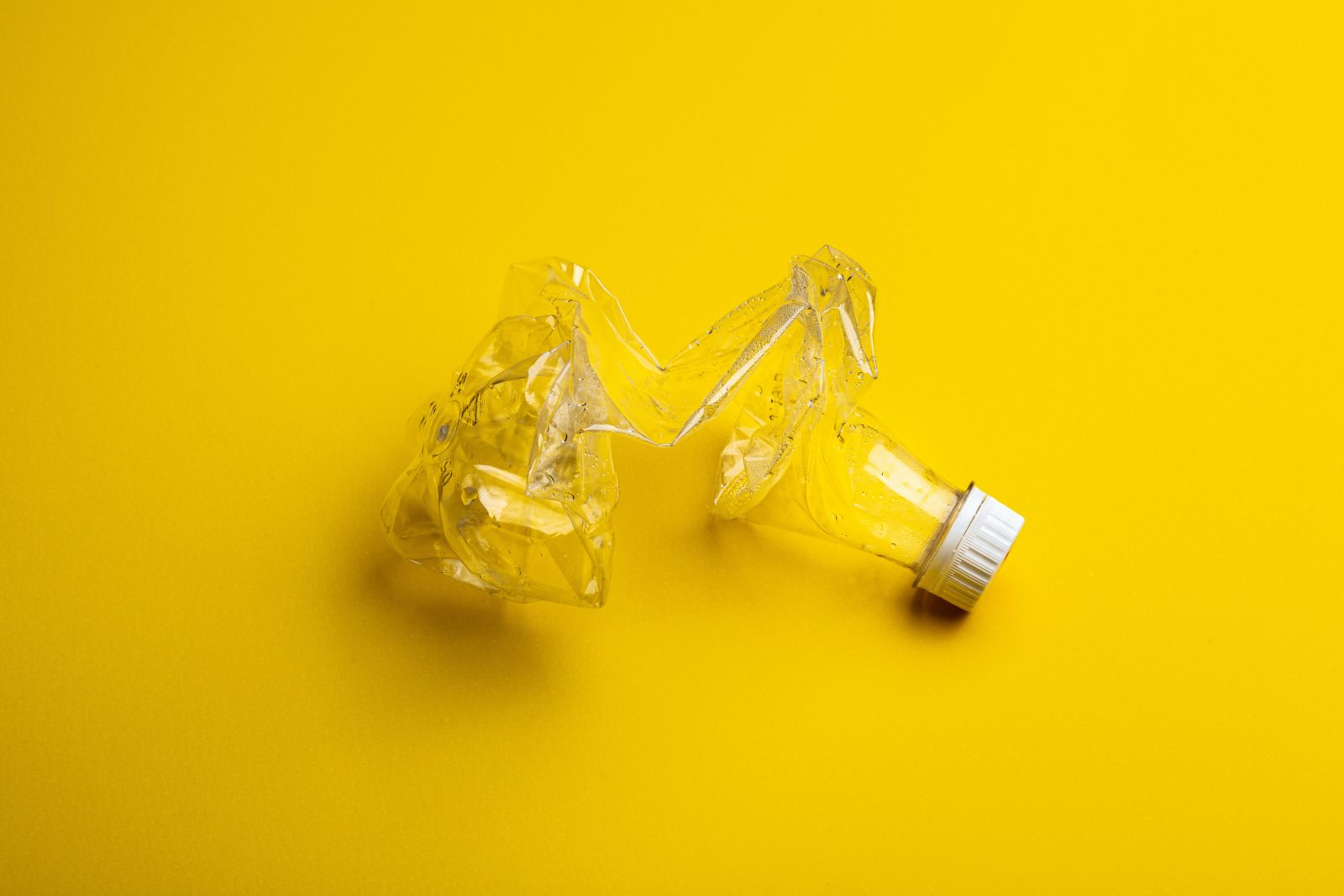The deposit-refund system for cans and PET bottles could begin operating in the Czech Republic by mid-2025, according to the Minister of the Environment, Petr Hladík (KDU-ČSL). Selected bottles and cans would be recycled into new packaging, promoting circularity.
To address the issue of plastic waste and promote recycling, the Czech government plans to introduce a deposit-refund system for PET bottles and cans. Minister Hladík stated that by 2029, their goal is to collect 90 percent of PET bottles. To achieve this, the Ministry will prepare an amendment to the Waste Act, which is expected to be approved by mid-next year.
Under the proposed system, PET bottles and cans would be returned and recycled, allowing for the creation of new packaging materials. The process would be similar to the existing deposit-refund system for bottles. Individuals would not be charged any fees for returning these items. The collection would include containers ranging from 0.1 to 3 liters, with a deposit of 4 to 5 Czech crowns.
PET bottles must be returned without being wholly crushed to ensure proper processing. This requirement allows for the EAN code to be read and prevents the redemption of containers from abroad. However, an exception would be made for milk bottles, which would continue to be placed in traditional yellow containers.
The new legislation would mandate the participation of retailers and larger petrol stations in the redemption system, while other retailers would be encouraged to join voluntarily. Online sellers would also be obligated to participate. Retailers participating in the system would receive a handling fee for the collected bottles and cans.
In smaller municipalities with over 300 inhabitants where no stores are available for redeeming bottles and cans, the responsibility would fall on an appointed operator—a nonprofit organization tasked with managing the redemption system. The Ministry of the Environment will select the operator.
Fifteen percent of the unclaimed deposits would be allocated to municipalities, allowing them to manage the packaging that is not returned to circulation. This provision ensures cities have sufficient resources to handle unclaimed packaging waste.
Introducing a deposit-refund system for PET bottles and cans signifies the Czech government’s commitment to tackling plastic waste and promoting a circular economy. By incentivizing recycling and creating a unified approach to waste management, the proposed system aims to reduce the environmental impact of plastic waste and encourage sustainable practices in the country.





